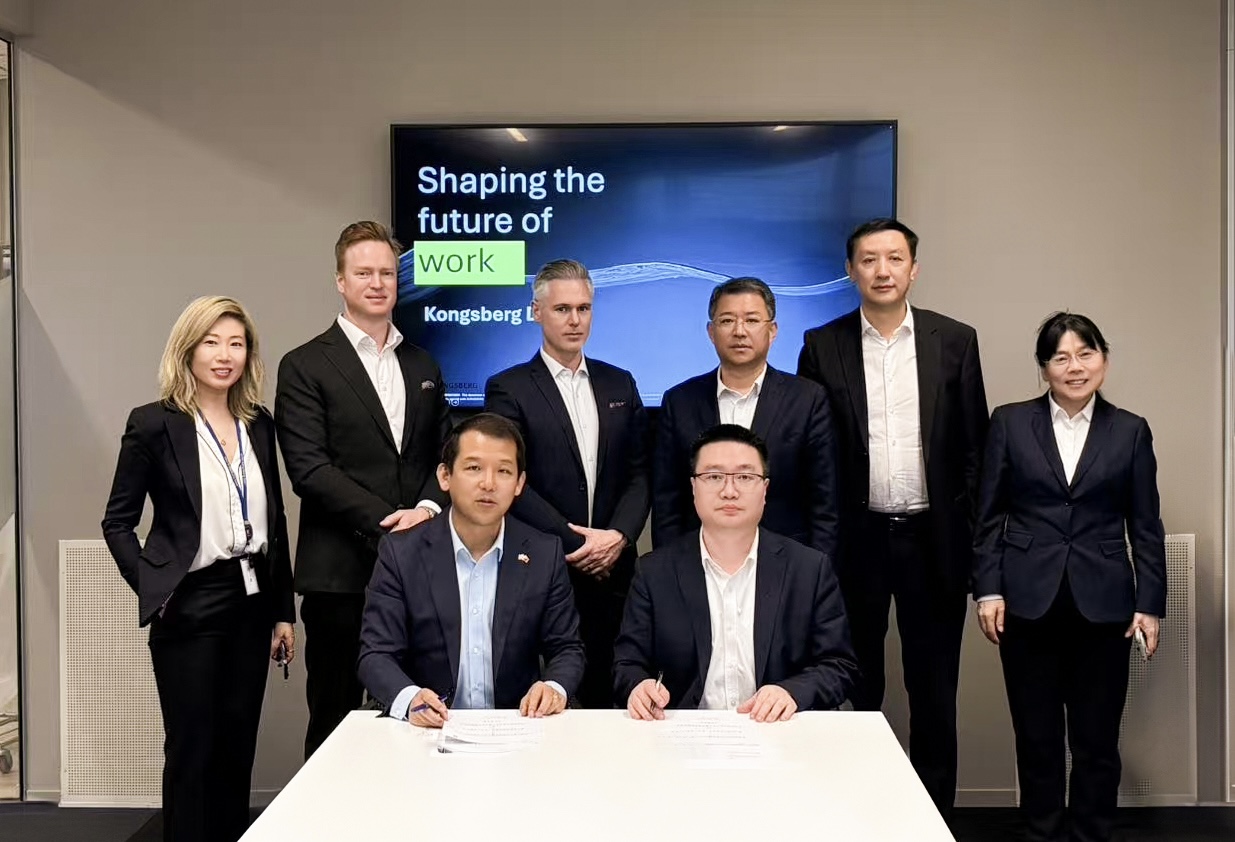
.png)

















Built with our proven technology, the Industrial Work Surface is already delivering measurable value.
Kongsberg Digital technology is relied on by 30% of real-time drilling operation centers worldwide for the supermajors.
Kongsberg Digital helps digitally transform up to 15 assets annually for the world’s largest oil and gas companies.
The Industrial Work Surface enables users to instantly see where there will be conflicts with simultaneous operations.
Explore new ways of working with our tailor-made industrial solution templates. Unlock your potential with industry-leading solutions designed to help you enhance workflows, take charge of operations, and elevate organisational productivity.
The Industrial Work Surface is where people come to make progress, get the job done, and execute business processes in the metaverse. Reimagining work means facilitating end-to-end processes more efficiently. "Work" refers to a broad range of activities involving various processes and actors, including analytics, optimisation, planning, management, and operations.
The System of Engagement allows you to interact and collaborate with data, models, and individuals, execute tasks and complete actual work. Its capabilities range from built-in rich collaboration features, advanced contextual and time-based annotations, and adaptive user experiences driven by activity patterns and AI to integrated asset exploration with asset explorer, asset search, query builder, visual filtering, and overlays.
The DataOps capabilities built into the Industrial Work Surface accelerate the realisation of business value by creating predictable delivery and change management of data and data models. DataOps automates the designing, deploying, and managing data delivery with appropriate levels of governance, using metadata and various enrichment and contextualisation methods to enhance the usability and value of data through the highly dynamic and “business real-time” Industrial Work Surface.
Our capabilities include:
Streamline operations, drive more value, and boost sustainability
Engineers deal with too many systems and applications that are disconnected — and often outdated. The Industrial Work Surface enables you to connect data, assets, and all your experts along with digital twin technology to facilitate more effective end-to-end operations.

Industrial organisations generally find it hard to improve because problem-solving and decision-making can be slow, ineffective, and resource intensive. The Industrial Work Surface lets you create a single source of the truth that all key stakeholders can use to make better business decisions, faster.

Many enterprises struggle to benefit from change – not due to technology challenges – but because they lack the ability to execute on a shared vision. The Industrial Work Surface helps you put the digital infrastructure in place to facilitate increased productivity and growth.

Ready to take full advantage of digitalisation? Allow us to introduce you to the Industrial Work Surface. Let’s optimise what humans and technology can do together.
Talk to an expert
See how Kongsberg Digital’s deep domain expertise helps industrial organisations achieve more.
We look forward to attending the Energy Capital Assembly (WECA) in London in 2025. This unique meeting place for senior energy executives, investors, and financiers offers the chance to connect, network, and discuss new ideas. Meet us there!
Read more about last year's WECA event.


Stay up-to-date with the latest going on in your industry and at Kongsberg Digital.


April 30, 2025
Kongsberg Digital and Sinopec Shanghai Offshore Forge Strategic Partnership to Advance Intelligent Offshore Energy EcosystemKongsberg Digital and Sinopec Shanghai Offshore Forge Strategic Partnership to Advance Intelligent Offshore Energy Ecosystem

January 9, 2025
Relocating maritime operations to Kongsberg Maritime from Kongsberg DigitalRelocating maritime operations to Kongsberg Maritime from Kongsberg Digital

January 7, 2025
PSA Marine and KONGSBERG Partner to Elevate Maritime Harbour Pilot Training with Advanced Simulation TechnologyPSA Marine and KONGSBERG Partner to Elevate Maritime Harbour Pilot Training with Advanced Simulation Technology

January 6, 2025
Glitre Nett explores condition-based maintenance with Kognitwin GridGlitre Nett explores condition-based maintenance with Kognitwin Grid

December 16, 2024
Noble Corporate Selects Kongsberg Digital’s World-Class Simulator Technology for DP Training and Analysis to Enhance Operational Safety and PerformanceNoble Corporate Selects Kongsberg Digital’s World-Class Simulator Technology for DP Training and Analysis to Enhance Operational Safety and Performance